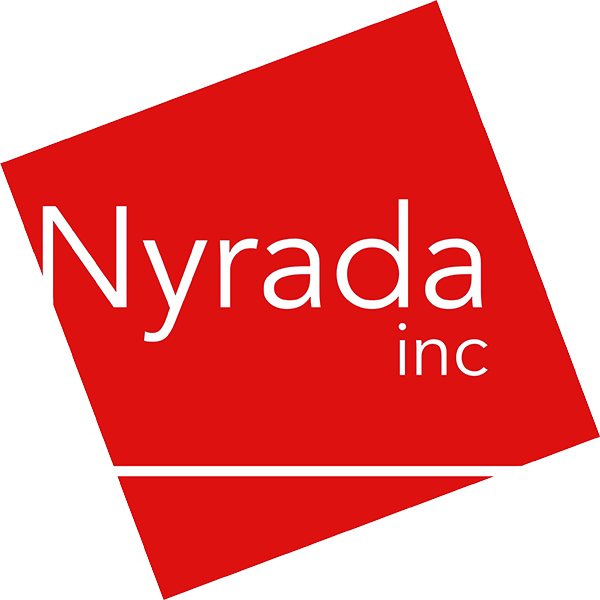Traumatic Brain Injury
Traumatic Brain Injury (TBI) presents a significant health challenge worldwide, with approximately 27 million new cases reported annually. TBI results from external trauma that disrupts the brain's structure and normal function. These injuries may be classified as closed-head injuries due to blunt force trauma or penetrating injuries. Most TBIs are mild (80%; Glasgow Coma Score (GCS) 13-15), with moderate cases (GCS 9-12) and severe cases (GCS 3-8) each accounting for roughly 10%. Brain injury initiates a hypoxic-ischemic environment, resulting in immediate primary injury and subsequent secondary brain injury, which progresses over hours to days, exacerbating patient outcomes.
Currently, no FDA-approved neuroprotective treatments specifically address TBI. Available treatment strategies focus on managing intracranial pressure through decompressive surgery or providing symptomatic relief, including blood pressure reduction, lowering the brain's metabolic rate through medication such as propofol or pentobarbital, inducing hypothermia, enhancing oxygen delivery via mechanical ventilation, and controlling post-traumatic seizures with anti-seizure medications.
Nyrada's lead drug candidate,X olatryp, is a novel blocker of the TRPC 3/6/7 ion channels, developed to mitigate secondary brain injury and prevent further brain cell death. In preclinical studies, Xolatryp reduced secondary brain injury by 42% in models of ischemic injury, demonstrating promising neuroprotective potential. Xolatryp is currently undergoing evaluation in a model of penetrating TBI in collaboration with the Brain Trauma Neuroprotection Branch at the Walter Reed Institute of Army Research.




